How to Get More Restful Sleep? Try Eating These 6 Fruits.
What you eat can help you get a better night's sleep. Here are the 6 fruits that could help you get the restful sleep you need.
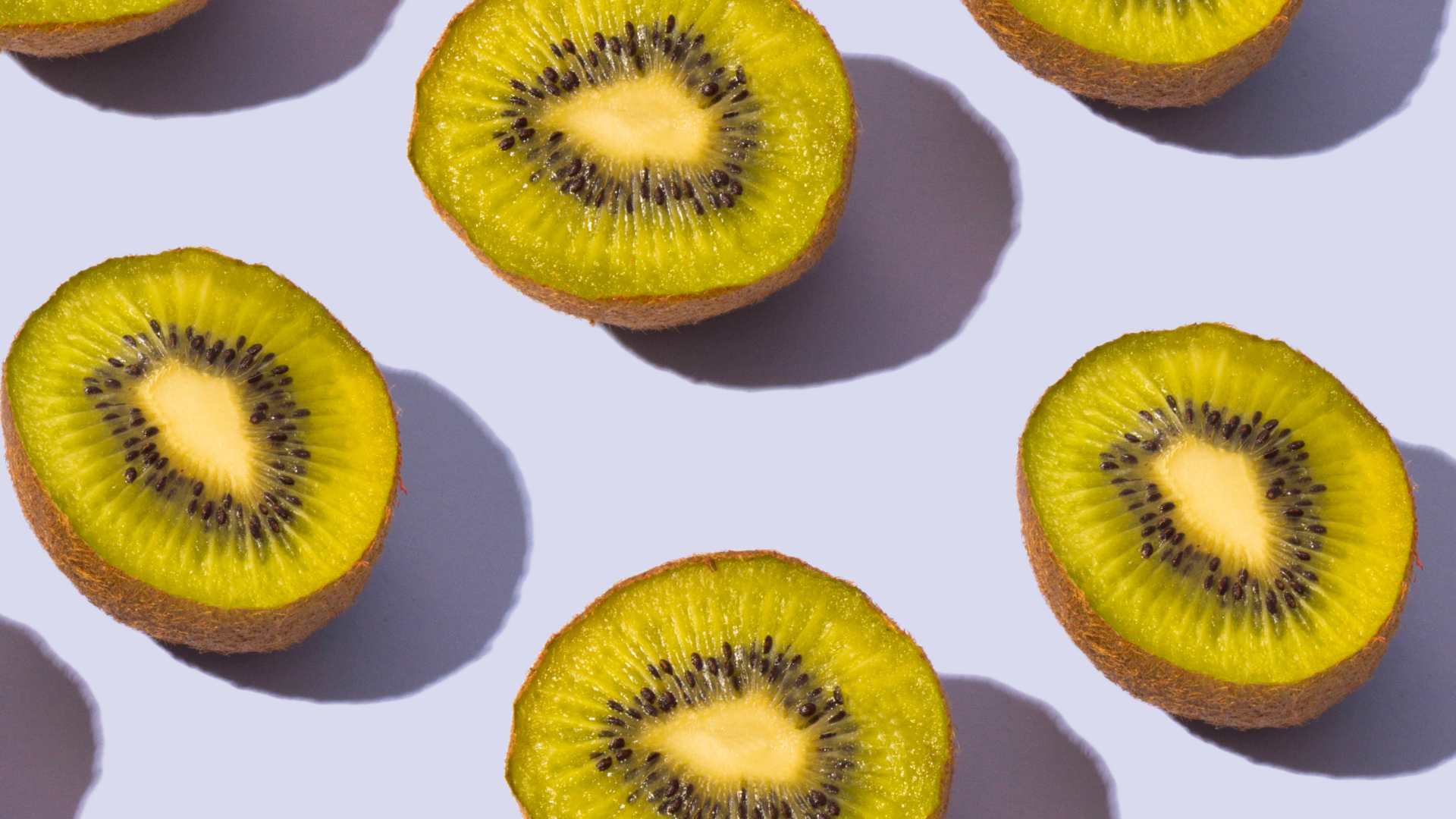
As you know, sleep is a vital part of our lives. It’s essential for our physical and mental well-being. But it can also be a difficult thing to get a good night’s rest. If you’re having difficulty getting to sleep, you'll want to start eating the right foods.
According to the results of a study published in the Journal of Clinical Sleep Medicine, a diet rich in fiber can help you get the best sleep possible (St-Onge et al., 2016). In this article, we'll discuss six of the most important fruits to eat to get a better night’s rest.
1. Jujube
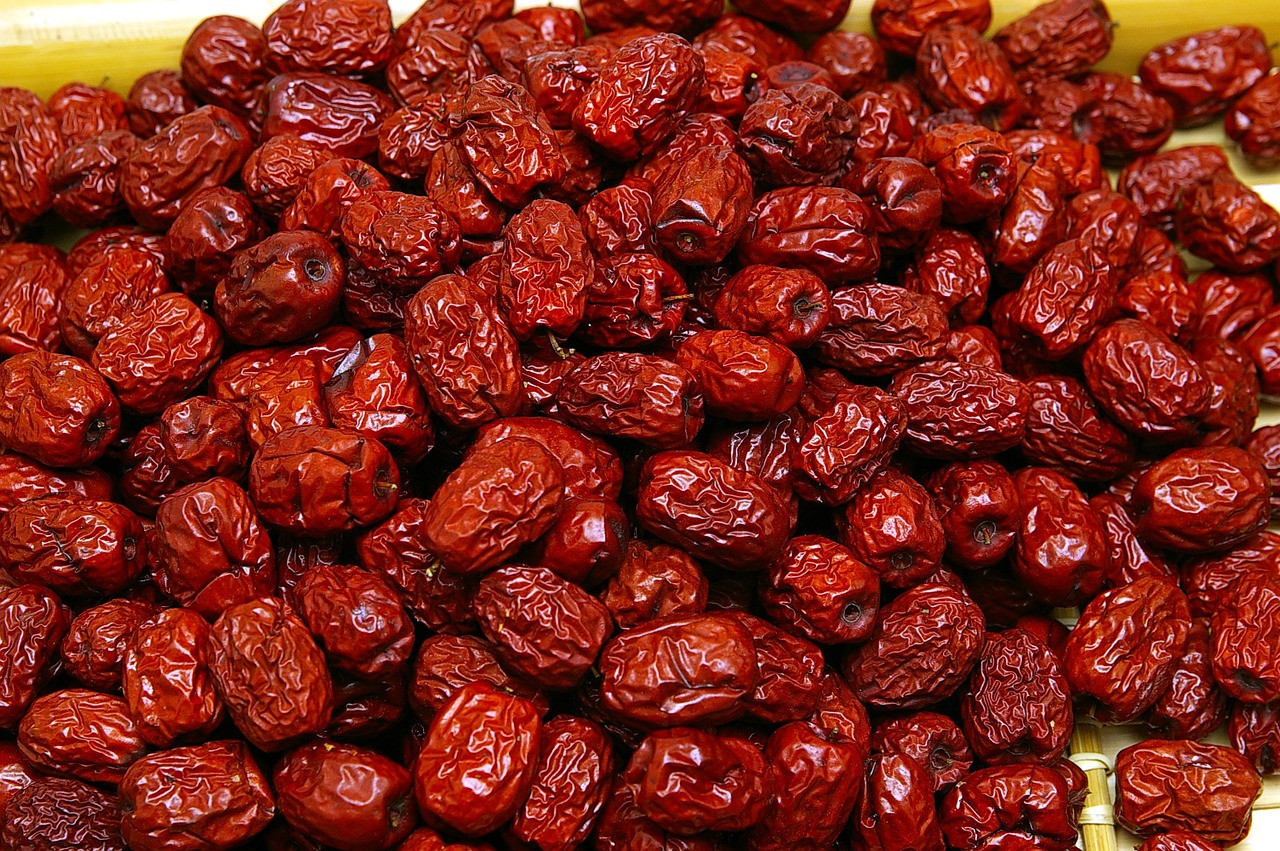
Jujube fruits have been used for thousands of years in China to help people get restful sleep.
Jujube, also known as Chinese date, is a small, brown, dried berry with soft, red skin. It looks like a cross between a date and a plum. It is usually sold as whole fruit, although some varieties are available as dried, sliced, or chopped.
Ancient medical texts have reported that it helps with nervous disorders, depression, and anxiety.
In modern times, jujube is still used as a sedative. They're an excellent source of fiber, which has been shown to help your body produce the sleep hormone melatonin (St-Onge et al., 2016.)
Melatonin helps you relax and helps you get to sleep.
Researchers say that consuming about three and a half ounces of jujube each day helped adults sleep better.
If you want to try jujube, you can buy them at a local Asian market, a health food store, or online. The fruits can be stored in the refrigerator for up to one month.
2. Longan
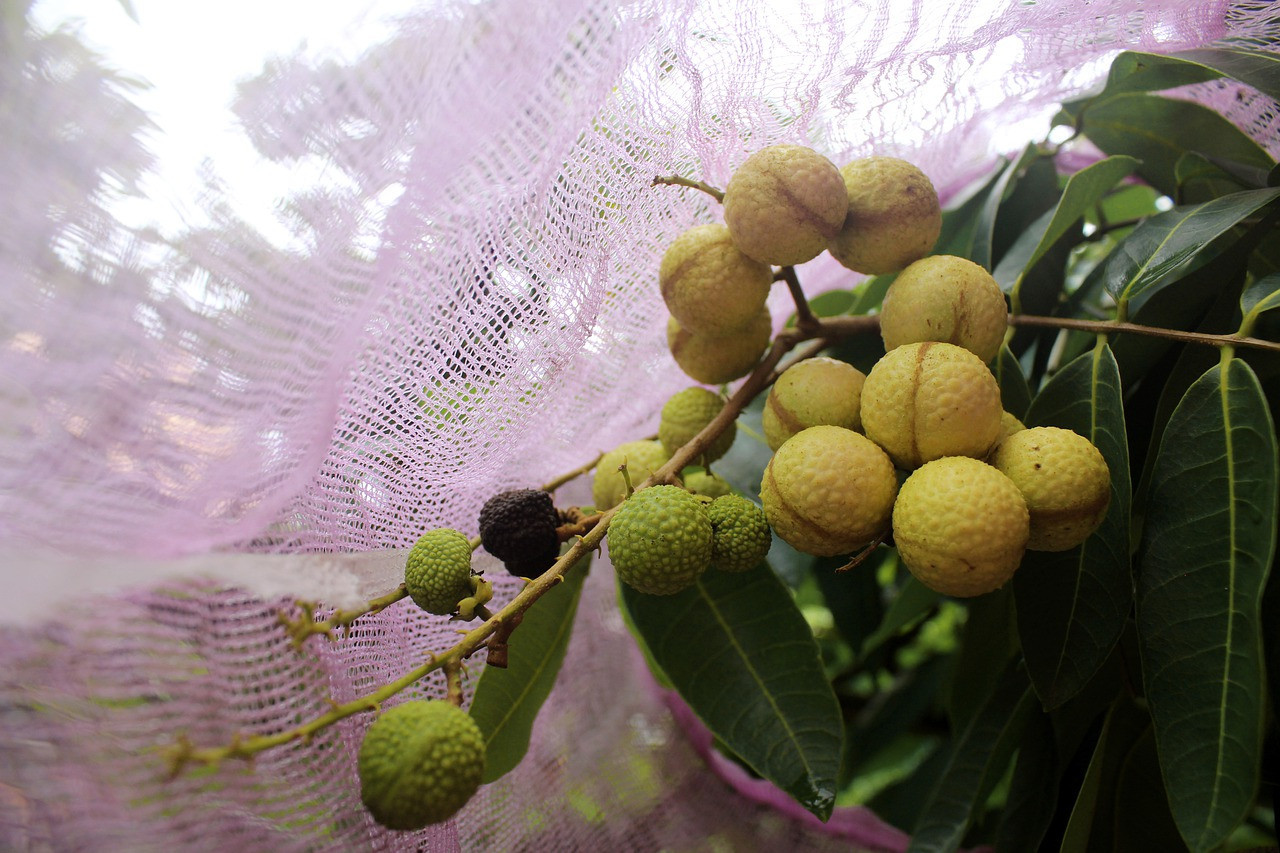
Longan berry extracts may have anxiolytic activity and promote longer sleep times.
Longan is another popular fruit in China, used for its sedative properties. It is a small fruit that resembles an eyeball when peeled, which is why it is referred to as "dragon's eye." It is one of the most popular fruits for insomnia and has been used for its traditional Chinese medicine purposes for thousands of years.
Research shows that longan extract can inhibit the neuron activity of the amygdala and hypothalamus , which can keep fear and stress away.
Experiments have shown that longan may have an effect on anxiety while aiding sleep.
Longan is available at any Asian grocery store and online. The fruits can be stored in the refrigerator for up to three months.
3. Kiwi
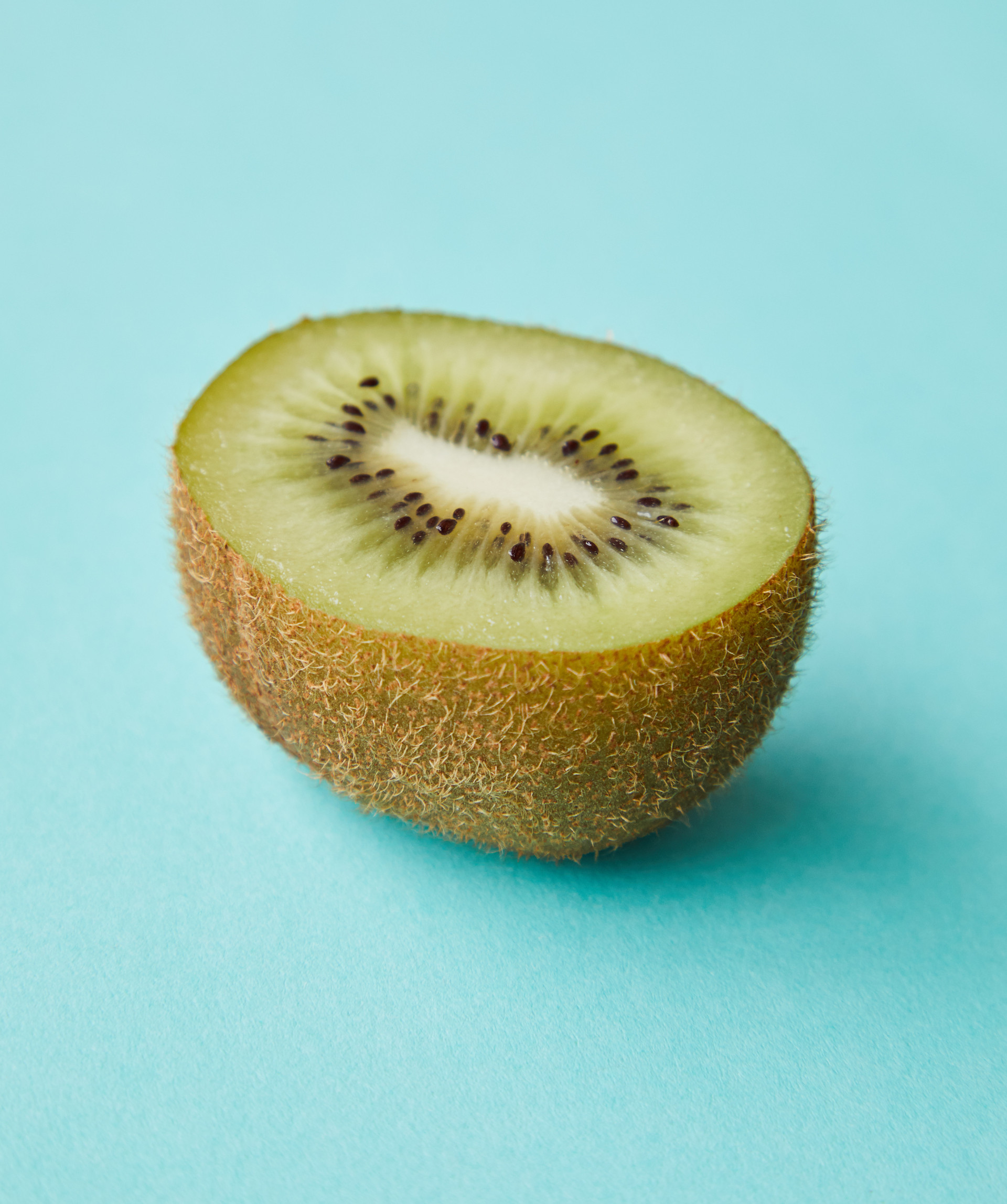
Kiwi is a small, green fruit with yellow skin. It looks like a large green apple with a round, green stem. The taste is sweet and tart with a slightly tangy flavor. It is sometimes called the "Queen of Fruits."
According to a study published in the Journal of Clinical Sleep Medicine, Kiwis are one of the best fruits to eat before bed. As mentioned earlier, researchers found a diet rich in fiber helped people get better sleep. When you’re trying to fall asleep, your body releases serotonin, a chemical that helps you relax and go to sleep.
The fiber in a kiwi helps increase the amount of serotonin that your body produces.
Besides helping you get to sleep, they’re also packed with vitamin C. You can find Kiwi fruits at any grocery store. They can be stored in the refrigerator for up to two weeks.
4. Grapefruit
Grapefruit is another favorite fruit that can help you fall asleep.
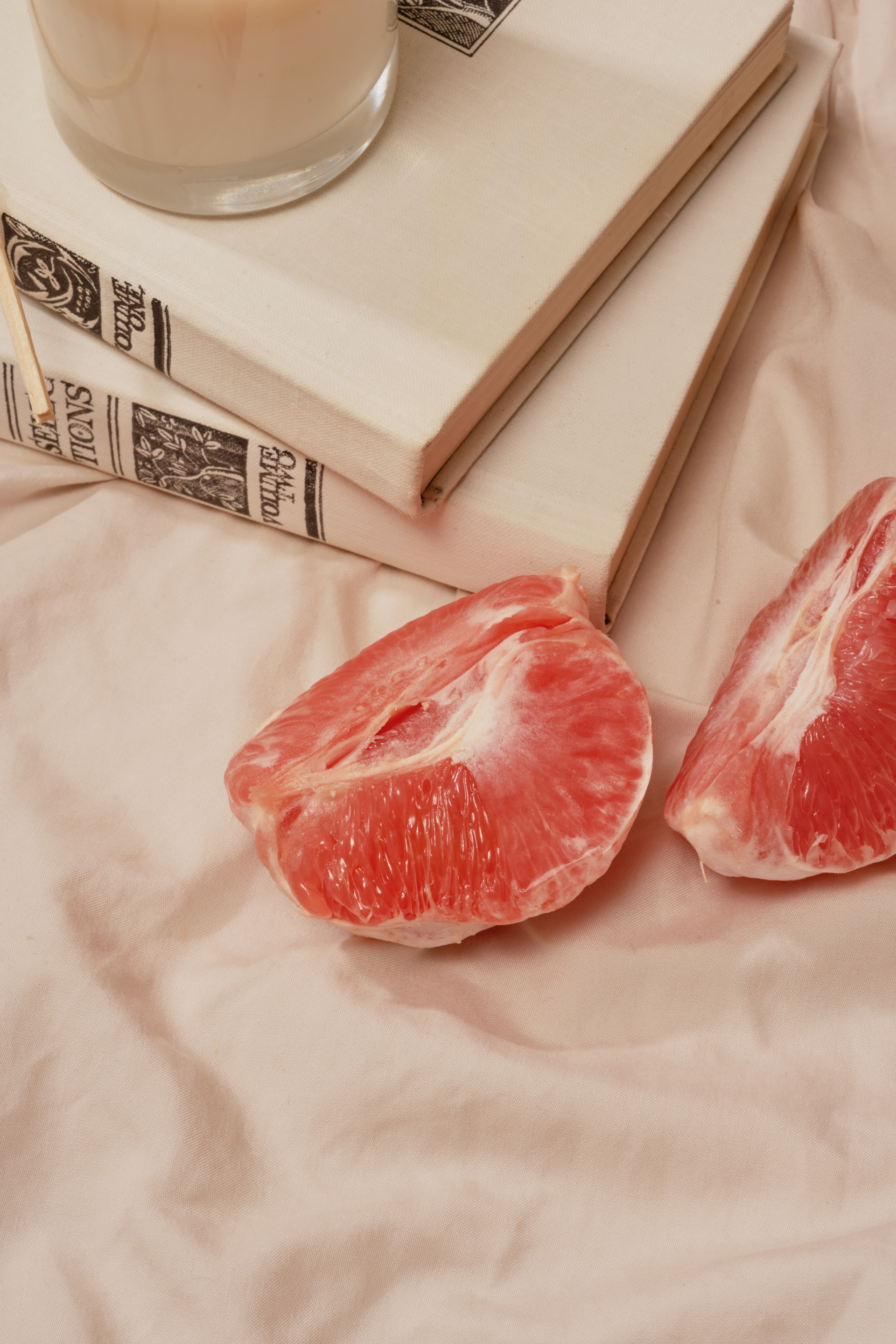
Grapefruit contains a chemical compound that is thought to have a sedative effect.
Grapefruit contains lycopene. As a result of this antioxidant, grapefruit is helpful for people with insomnia (St-Onge et al., 2016). Lycopene is known for helping with relaxing the mind, which in turn can help with falling asleep faster.
Grapefruit also contains flavonoids, glucose, vitamin C and dietary fiber. It contains naringin, a type of flavonoid, which is found to have sedative and anti-anxiety properties. Naringin helps in preventing anxiety, insomnia, and depression. The consumption of this fruit helps you fall asleep faster and sleep peacefully throughout the night.
Grapefruit is available at any grocery store. They can be stored in the refrigerator for up to a month.
5. Bananas
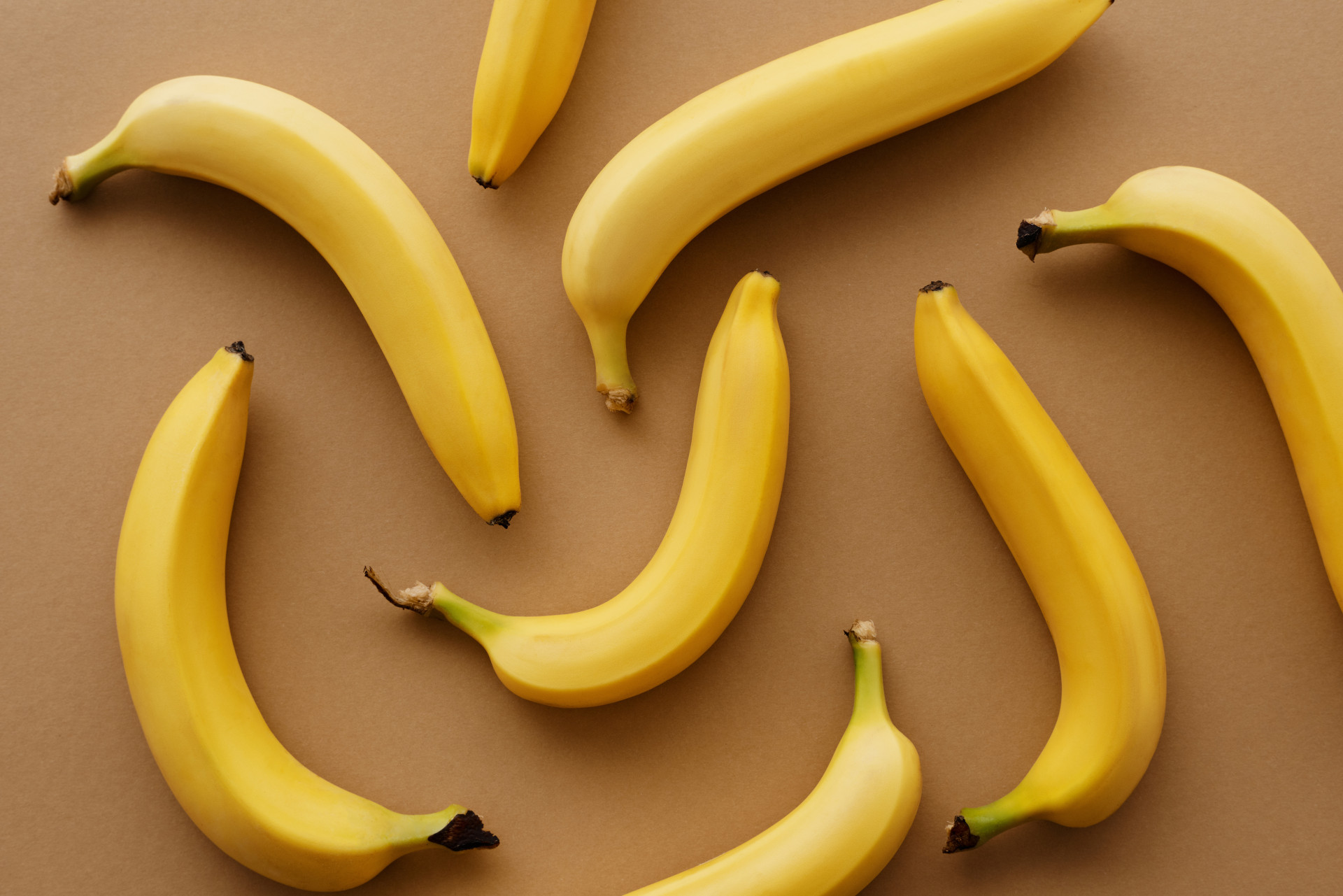
Bananas contain a large amount of tryptophan, a building block of serotonin. Serotonin is a neurotransmitter in the brain that helps promote restful sleep.
Bananas are a common food item, but studies find they can also be a source of natural sleep aids. Bananas contain tryptophan, a sleep-inducing chemical. Tryptophan helps you relax and reduces stress levels. It's also a good source of potassium, vitamin B6, and magnesium, all of which have been shown to promote sleep. Additionally, Potassium can help you stay asleep by helping regulate your heartbeat.
You can find bananas at any grocery store. You can store them in the refrigerator for up to three weeks.
6. Cherries
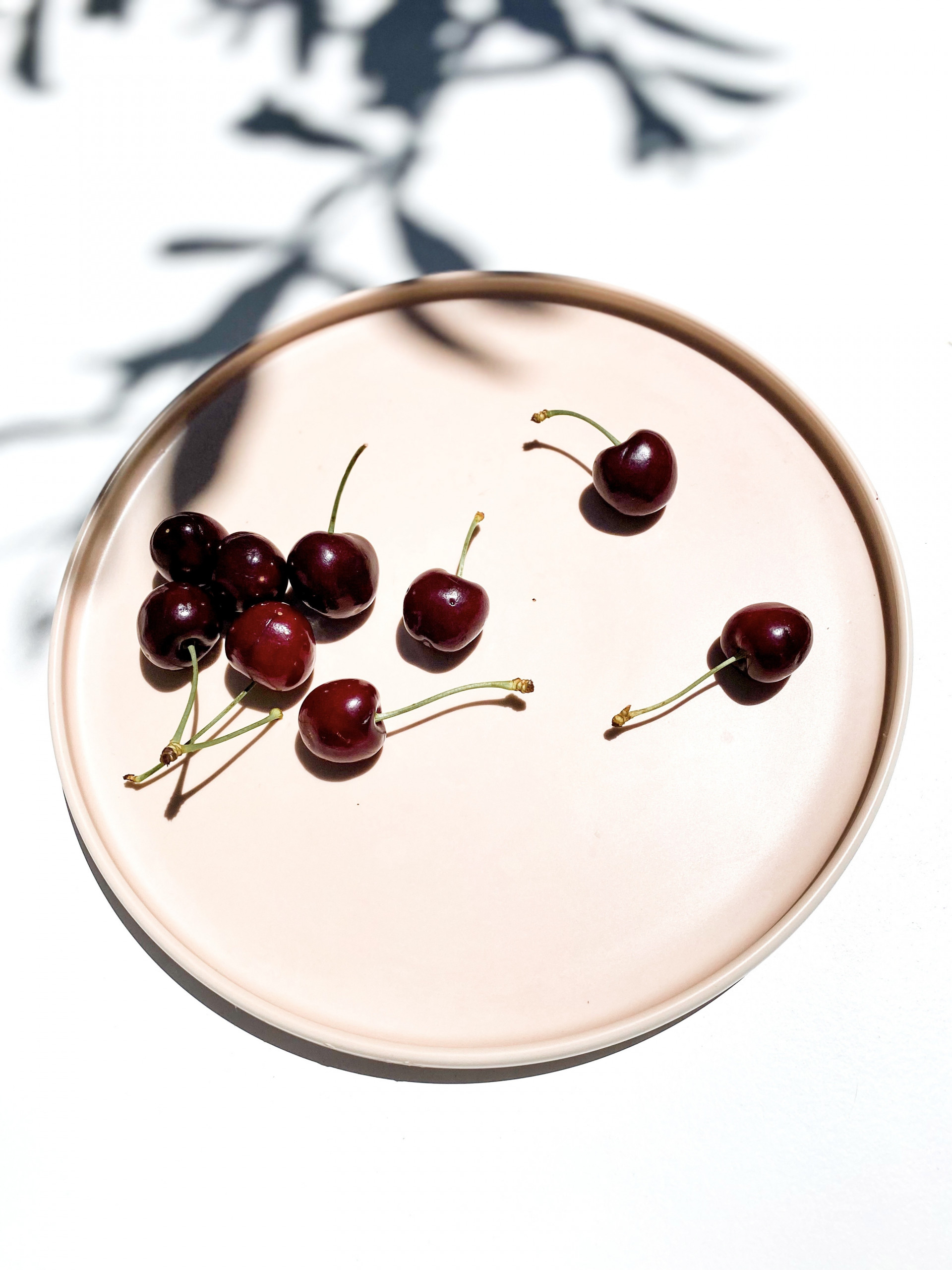
Cherries contain melatonin, a natural hormone that helps regulate the sleep cycle. The best time to eat cherries is 30 minutes before bedtime.
Cherries are another popular fruit that can be used as a natural remedy for insomnia.
In one study, researchers wanted to see if cherries could be used as an alternative to sleeping pills. They recruited 20 people with insomnia who were diagnosed with primary insomnia. The researchers gave each participant a cup of cherry juice before bed. They found that eating the cherries decreased the number of deep sleep cycles and shortened the time it took for the participants to fall asleep. Cherries contain melatonin, which is a chemical that helps your body produce serotonin, a hormone that helps you relax and go to sleep.
You can find cherries at any grocery store. You can store them in the refrigerator for up to three months.
Conclusion
In summary, fruits and your diet can play an important role in your sleep quality. Jujube is one of the most popular fruits for insomnia and has been used for its traditional Chinese medicine purposes for thousands of years. Longan is also known for its sedative properties. Kiwi is another favorite fruit that can help you fall asleep. Grapefruit, bananas, and cherries are other popular fruits that can be used as a natural remedy for insomnia.
If you would like to try these fruits, make sure to keep a log of your meals and sleep habits. It can help you keep track of your progress and what works for you. You will have a better idea of whether or not you need to change your diet and the impact it has on getting a better night's rest.
Do you want to be healthier this winter? Try these traditional Chinese medicine herbs to boost your immunity.
References:
St-Onge, Marie-Pierre, et al. “Fiber and Saturated Fat Are Associated with Sleep Arousals and Slow Wave Sleep.” Journal of Clinical Sleep Medicine : JCSM : Official Publication of the American Academy of Sleep Medicine, vol. 12, no. 1, Jan. 2016, pp. 19–24, doi:10.5664/jcsm.5384.
St-Onge, Marie-Pierre, et al. “Effects of Diet on Sleep Quality.” Advances in Nutrition (Bethesda, Md.), vol. 7, no. 5, Sept. 2016, pp. 938–49, doi:10.3945/an.116.012336.
Sae-Teaw, Manit, et al. “Serum Melatonin Levels and Antioxidant Capacities after Consumption of Pineapple, Orange, or Banana by Healthy Male Volunteers - PubMed.” Journal of Pineal Research, vol. 55, no. 1, Aug. 2013, doi:10.1111/jpi.12025.
Get your daily dose of wellness delivered straight to your inbox. Sign up now for our newsletter.
Disclaimer:
These statements have not been evaluated by the Food and Drug Administration. This product is not intended to diagnose, treat, cure, or prevent any disease.
The content is purely informative and educational and should not be construed as medical advice. Any opinion expressed should not be treated as a substitute for professional medical advice. By using this website, you accept our Terms & Conditions and Privacy Policy. We cannot guarantee the accuracy of the information presented at this site. This article is not intended to be used as a substitute for the diagnosis and treatment of any health problem or to prescribe any medication or other treatment. You should consult with your health care provider before starting any diet, exercise, or supplementation program, before taking any medication, or if you have or suspect you might have a health problem.